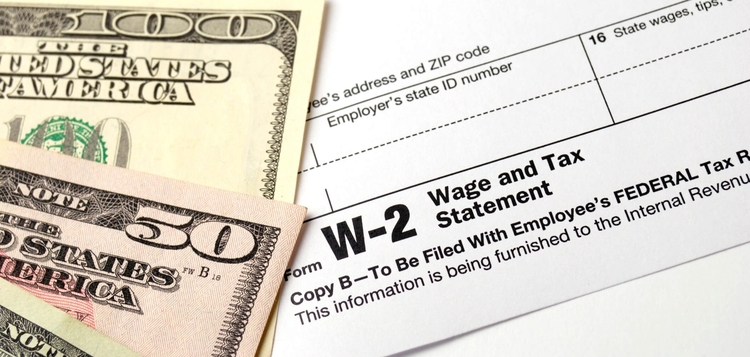Trump’s Proposed Payroll Tax Deferral – Is it Plausible and What Would It Mean to Workforce Management Operations?

“May you live in interesting times” is an ascribed Chinese proverb. For all of us currently living through what could only be characterized as “interesting times” it seems as though this bit of ancient wisdom may be more of a curse than a proverb. Through this lens, we view the Trump administrations latest addition to these interesting times, a series of executive memoranda intended to “defer” payroll taxes as a way to provide relief to millions of Americans impacted by the labor disruptions wrought by the Coronavirus. What would the impact of this action mean for employers if (and it is a very large if) such an action was to be implemented?
While the recent executive actions are very unlikely to survive legal challenges, it is probably prudent for workforce management professionals to at least consider the ramifications and prepare for the consequences of a payroll tax deferral.
Trump’s payroll tax deferral would suspend payroll tax payments from September through December for those earning less than $100,000 a year. However, the efficacy of such a plan would hinge upon whether hiring organizations decide to comply. The resistance to this plan by hiring organizations stems from the reality that companies will be faced with the task of withdrawing much larger than normal amounts from their employees’ paychecks after December when the deferred taxes would then become due. The consequences of this could certainly cause friction and dissension within the workforce when workers began receiving greatly reduced paychecks – a scenario many companies may opt to avoid by simply not participating.
Experts note that the payroll tax is predominantly used to fund Social Security and Medicare benefits. Both programs would surely collapse into insolvency if their funding mechanism (payroll taxes) were to be eliminated. This could also have grave consequences for the retirement and health care benefits employers currently contribute to on behalf of their employees. In the absence of these programs, the American workforce will likely look to employers to provide some manner of replacement benefits to plug the gap left by the elimination of Social Security and Medicare. The costs of such additional benefits is largely beyond what most companies can or could be interested to absorb.
As of this writing, the President’s executive memoranda do not seem to be gaining much traction as workers and employers on all sides of the ideological spectrum are not impressed with the plans. After all, a payroll tax holiday does little to aid those who are without employment at this time. Nor does it simplify operations for the millions of American organizations who’d be required to modify their payroll and tax collection practices with no apparent upside or reward for their effort. Stay tuned to the nextSource blog for ongoing coverage and commentary on this developing story and rest assured, you can count on nextSource to provide guidance on how to navigate the changes this plan would prompt should it survive legal challenges and be fully implemented.


